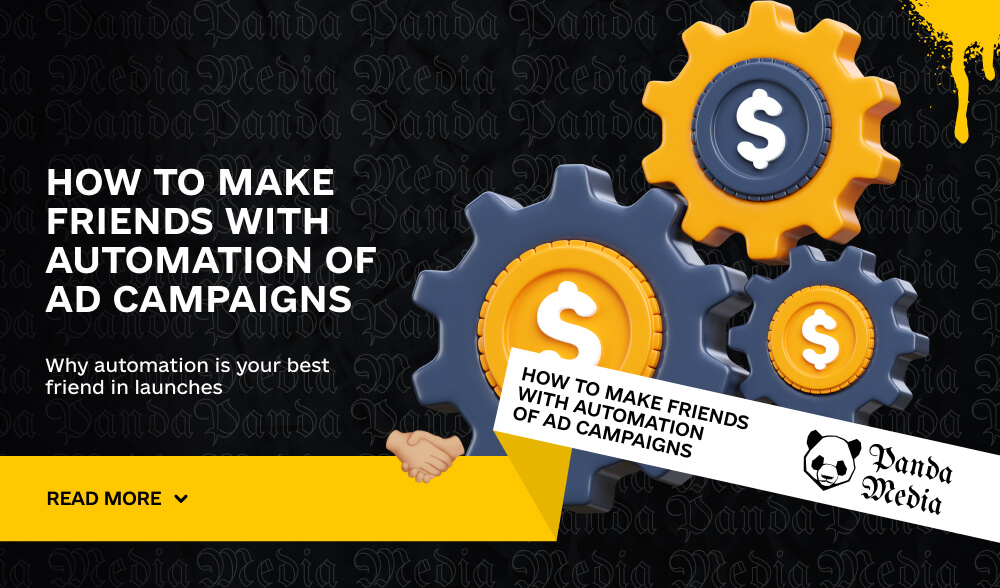Don't miss interesting news

As a successful specialist, are you responsible for dozens of advertising campaigns, each of which requires constant monitoring, adjustments, and analysis? Managing so many tasks manually is like trying to keep all the balls in the air at the same time without letting any of them fall. But is it really worth spending so much time and effort on routine tasks when there are already technologies that can do the job for you? Let’s take a closer look at how you can automate your ad campaign management and save yourself from unnecessary hassle.
Manually managing your ad campaigns can quickly turn into an endless cycle of tasks: from adjusting bids and testing creatives to analyzing results and making optimization decisions. And while all of this is necessary for success, it can often become overwhelming, especially when it comes to scaling.
Automation is your magic wand that allows you to delegate routine tasks to your computer. This means that you set up certain rules and algorithms, and the system does all the hard work for you, leaving you more time for strategic planning and creativity.
Ad campaign automation covers various aspects of management, from setting bids to creating ads. Here’s how it can look like in practice:
You set a target cost per click (CPC) or conversion, and the system adjusts the bids depending on the competitive environment, budget, and other factors. For example, if the competition for a keyword increases, the system can automatically raise the bid to keep your ad in the top positions.
Each ad has its own life cycle. An automated system can test different variants of creative and choose the ones that bring the best results. This means that your best performing ads will be shown more often, while the ones that perform worse will be shown less often or stopped altogether.
Tracking how the budget is allocated between different campaigns and ads can be a challenge. Automation allows the system to reallocate the budget on its own, directing more funds to those campaigns that bring better results.
Automated tools can collect and analyze data in real time, providing you with reports on campaign performance. You don’t need to spend hours poring over tables and graphs – the system will do everything for you, and you will get ready-made conclusions and recommendations.
Today, there are many tools on the market that allow you to automate the management of advertising campaigns. Here are some of the most popular ones:
You’ve already understood the benefits of automation, but how much control do you need? While automation makes managing your campaigns much easier, it doesn’t mean you can give up control completely. Regularly review your settings and results to make sure the system is working efficiently and meeting your goals.
Remember that automation is a tool that works for you, not a replacement. It should be an integrated part of your strategy, not a complete replacement.
At the time of active development of digital marketing, automation is becoming a key tool for effective management of advertising campaigns. It allows you to focus on the most important aspects of your business, saves time and resources, reduces the risk of errors, and increases efficiency. Using modern tools, you can optimize your campaigns, achieve better results, and stay one step ahead of the competition.
Don’t be afraid to implement new technologies and trust algorithms – they can make your business more successful today. Automate your routine to have more time for big ideas.